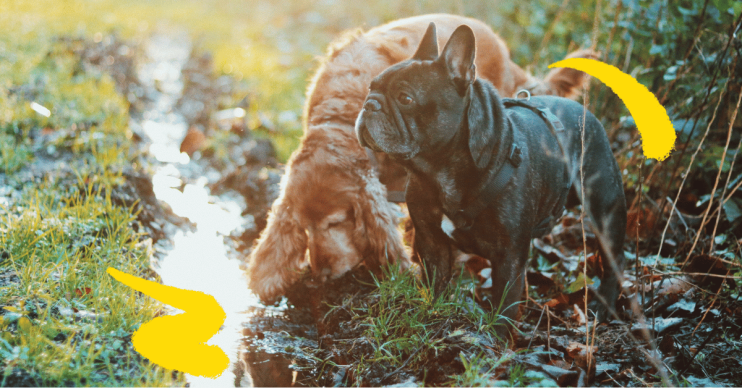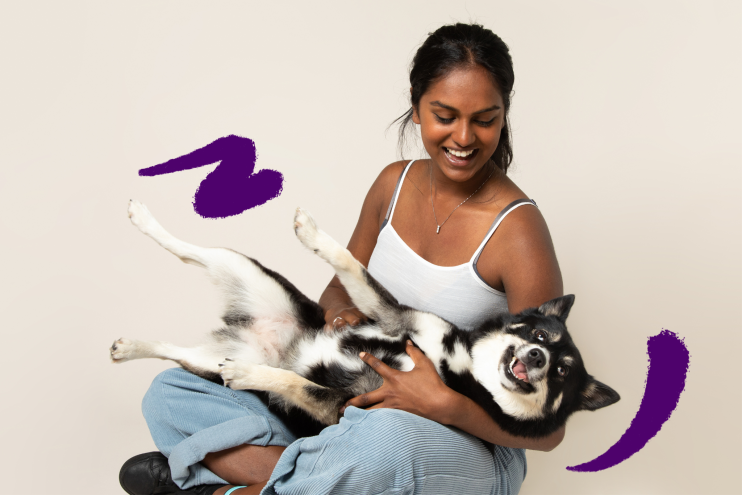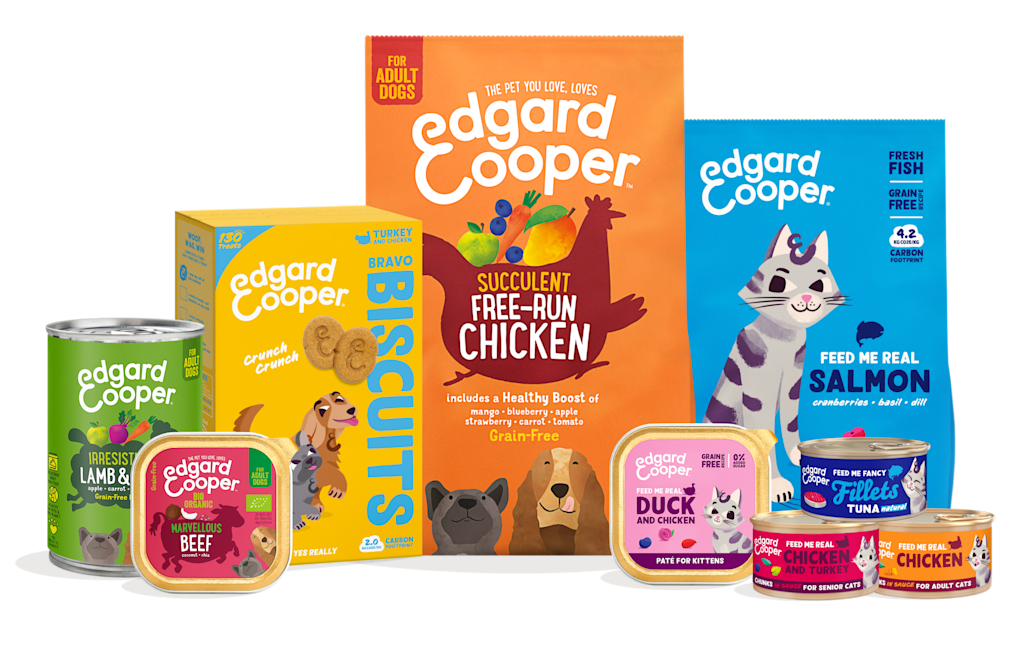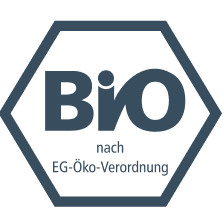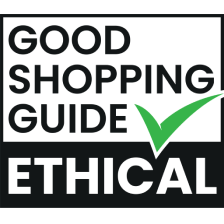Can my pet get corona?


In these uncertain times, there’s a lot of information going around about COVID-19. We understand you might have doubts about what to believe and what not. So we asked our vet to clear things up. And one thing’s for sure: your furry friend(s) can stay with you. Here’s why…
Let’s go back to the start
In the last few months, our planet has been fighting a new virus - COVID-19, also known as coronavirus. What started as a distant problem in China quickly spread and, today, almost every country has infected individuals. Around the world, governments are implementing strict measures to defeat this pandemic.
About COVID-19
The name 'coronavirus' isn’t totally correct because there are many different types of coronaviruses. These viruses affect humans and/or animals, to a greater or lesser extent, and usually attack the respiratory tract or, in certain species, the gastrointestinal tract. Some coronaviruses will only cause mild cold symptoms, while others can be much more serious. For example, the SARS epidemic in Asia was a type of coronavirus.
For now, there’s still a lot we don’t know about COVID-19 - including exactly where it came from. In terms of incubation, it seems to take about 7 days between exposure and the first symptoms, but this can also take up to 14 days. The most striking symptoms are coughing, fever, fatigue and shortness of breath.
Most people with COVID-19 do not become seriously ill; some don’t even display symptoms. However, anyone with the virus is capable of infecting others. Those most at risk include the elderly and people with existing health conditions. Fortunately, children don’t appear to be badly affected by the virus.
How to prevent COVID-19?
As yet, there are no cures or vaccinations for the virus, and the latter will take at least a year to finalise. The best approach is therefore preventive. The virus spreads via droplets produced when people sneeze, cough or speak. Therefore, preventative measures include maintaining as little contact with others as possible, staying at least a couple of metres from other people, washing hands (regularly and thoroughly) and avoiding shaking hands. Wearing a mask also restricts the spread of the virus. But remember that health care workers and hospitals need these masks more than ever.
Can pets transmit COVID-19?
The World Health Organisation (WHO) states there has been no case of transmission of COVID-19 from animals to humans. Other coronaviruses are more common in pets. Kennel cough and FIP, for example, are consequences of other types of coronaviruses.
However, what does seem possible is that an animal can be a temporary carrier of the virus. If your dog or cat encounters the virus particles of an infected person, these could be carried on their fur. So be sure to wash your hands after cuddling or stroking a sick owner's pet or - even better - avoid all contact.
Can my pet get sick?
As yet, there’s no evidence that pets can get sick with COVID-19. Most viruses tend to grow and replicate more in one species than another, such as COVID-19 in humans. Dogs and cats are not clear vectors of COVID-19.
But, as described above, dogs and cats can carry virus particles on their bodies. So if you are sick yourself and someone else is walking your dog, make sure they’re well protected. That means asking them to wear a mask and gloves and avoid all cuddles. Yes, even when ‘puppy eyes’ arrive...
Keep your furry friend close
Even though the general advice is to stay indoors as much as possible, this doesn’t mean you can’t go out for a walk with your dog from time to time (if allowed in your country). A bit of fresh air will do you both good, and what better way to burn off some energy. But remember: keep your distance from others and consider keeping your dog on the leash.
On a positive note, being at home is the perfect time to strengthen the bond between you and your pet. When your dog or cat isn’t sleeping (!) you can do lots of fun activities together. Need some inspiration?
Other measures to take
Good hygiene practices - such as washing your hands after cuddling and playing with your pet - apply just as much as usual, if not even more. Washing hands is certainly important if you have an outdoor cat. If you know your pet has had contact with an infected person, it’s best to give them a wash too.
At the moment, you can be almost certain that your pet will not have COVID-19 in their saliva, so giving them a mask to wear isn’t really necessary. Although it would probably look pretty cute...
A final bit of advice: if you go into quarantine, don’t forget supplies for your furry housemates. You can easily order our delicious dog and cat food from our webshop. We’ll keep supplying shops wherever possible, but it’s worth a check to see if they’re open. We have plenty of stock in our warehouses, so there’s no need to hoard! If you still have questions or you just want a friendly chat, click on our chat in the bottom left-hand corner.
About Edgard & Cooper

Joyful pet food
Eating is one of life’s simple joys, so why overcomplicate things? Unlike most other pet foods, we treat nature’s ingredients with respect and make food that’s naturally healthy and full of flavour.

Play nice with nature
We’re on a mission to become the world’s most sustainable pet food. We love nature, so we pledge to make real, lasting change through our targets of zero carbon, fully sustainable packaging and ethically sourced ingredients.

Friends stick together
We donate 1% of our sales to the Edgard & Cooper Foundation, which works with charities that improve the lives of cats and dogs today, while protecting them tomorrow.
